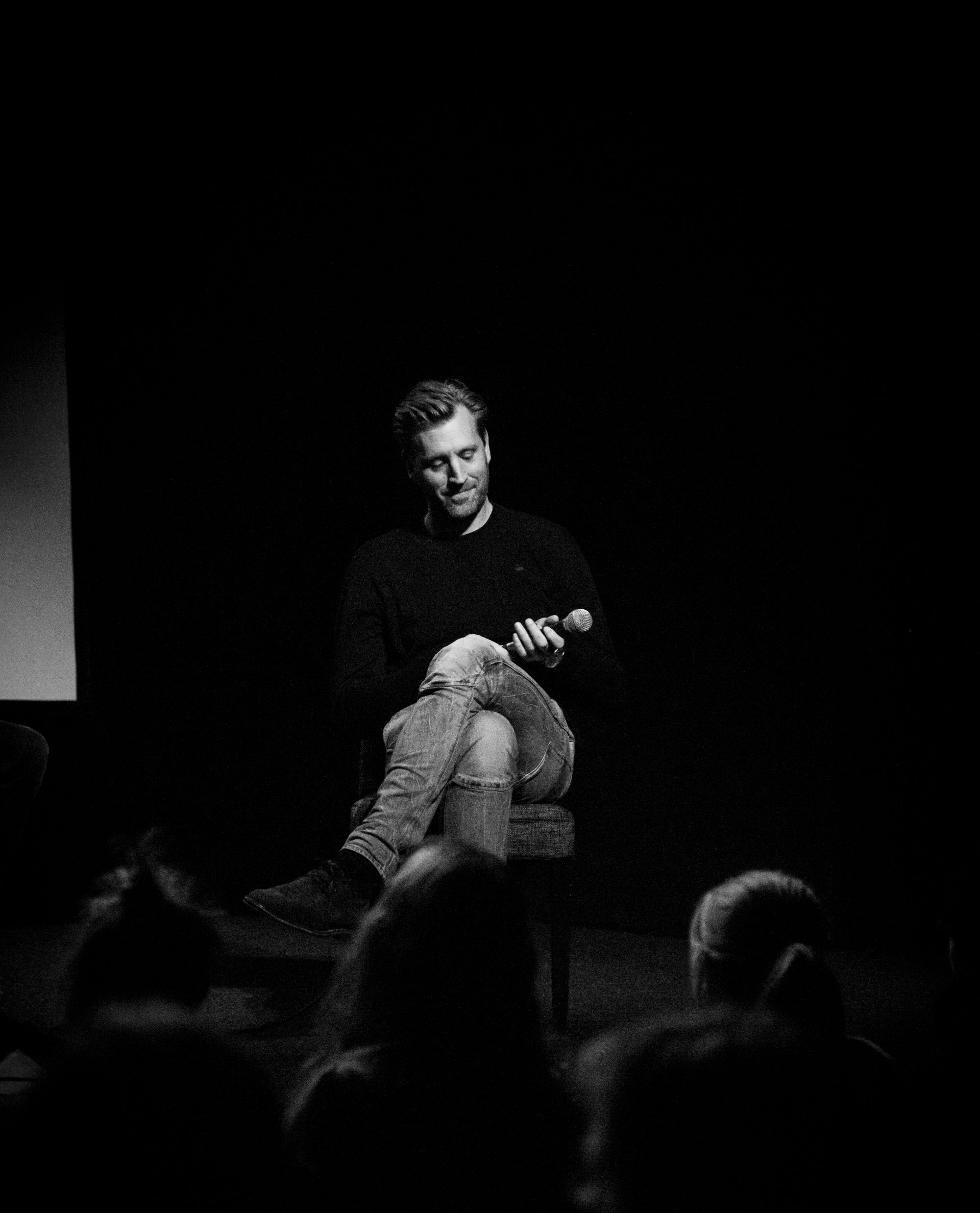The different approaches in trying to grasp the tragic events in Norway have completely flooded the news and debate flows in the media this last week. I have participated with two short articles with the purpose of bringing the compassion and humanity, manifested through social media surrounding the events, to public knowledge. The recent post can be read here. The respons has been of a varied nature, including emails and comments that I shouldn’t get involved at all since I´m “just an academic”, as well as feedback of a more positive nature saying that the social media finally was recognized as an important dimension in the aftermath.
Leaving this aside, I believe that many questions remain unanswered (due to the horrific nature of the events) and they need time to be reflected upon. Nevertheless, I am convinced that it is everyones’ right to participate and contribute to an understanding of the different layers of human behaviour as well as ideological structures involved. Any type of analysis deriving from social sciences and humanities should have the purpose of achieving both understanding as well as a change, in order to progress towards a better future.
